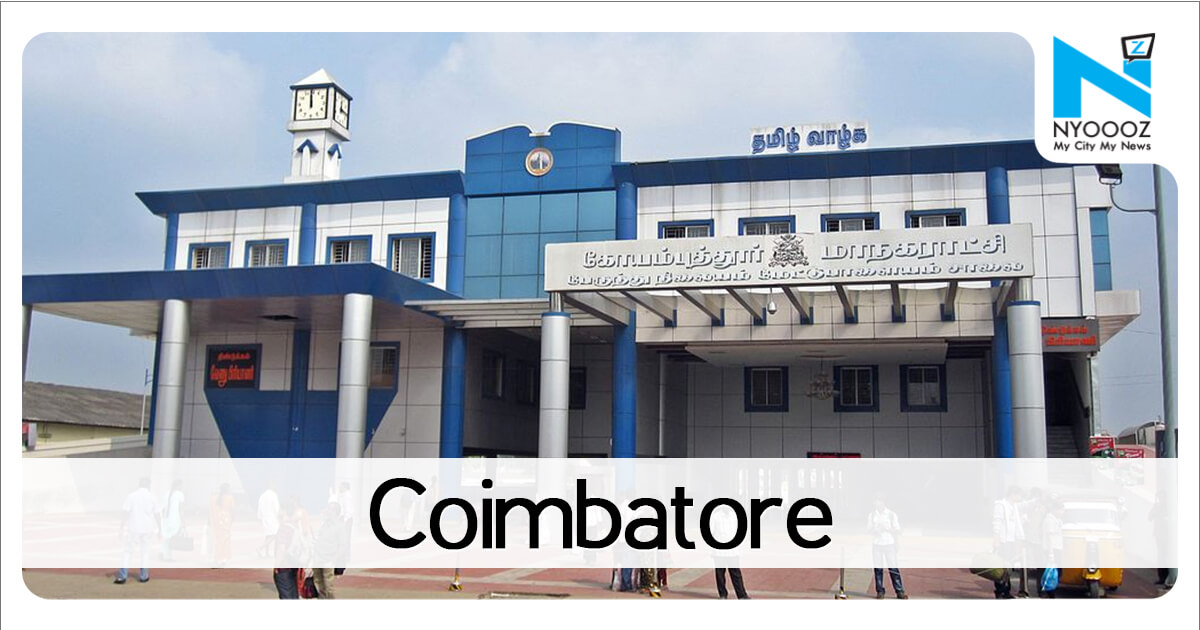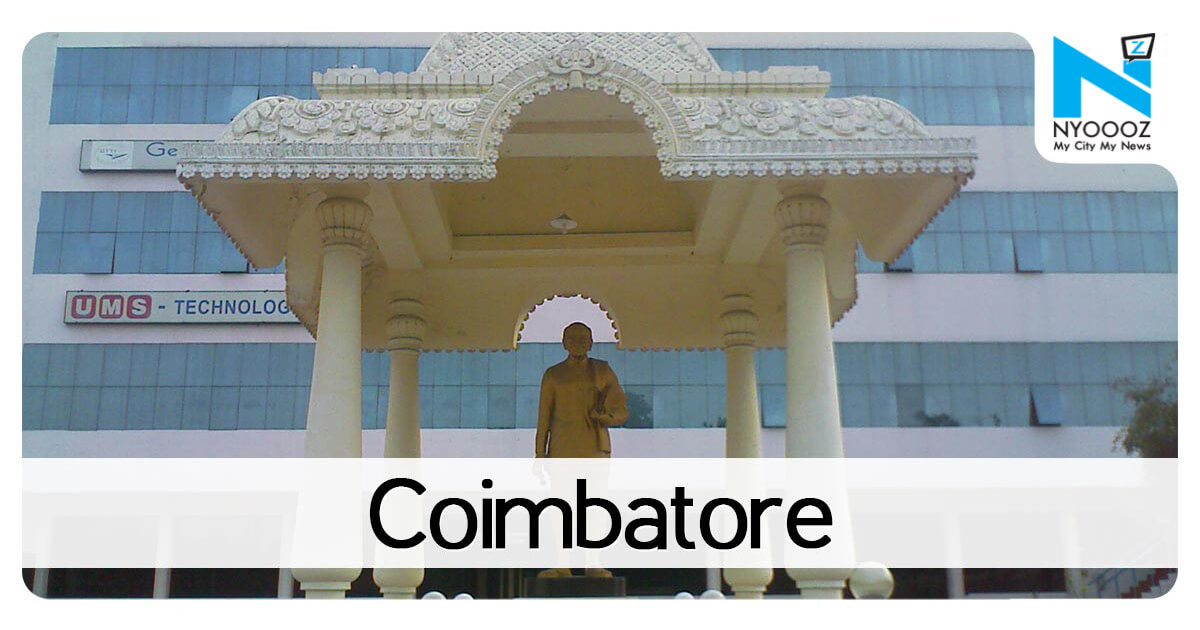Shanta Gokhale, playwright, critic, screenwriter, novelist and translator, is awarded the Ooty Literary Festival Lifetime Achievement Award. She has mentored two other stars of the festival Jerry Pinto (Festival advisor) and poet Ranjit Hoskote, both of whom speak of her glowingly and with warmth. The magnificent Reading Room looks chapelesque with its massive windows that allow in plenty of light. The 79-year-old plants a Spathodea sapling outside to commemorate the third edition of the festival and brings spark, humour, erudition and charm into every session she participates in. The Nilgiri LibraryIt was John Sullivan who wrote to the government in 1829 saying a subscription had been set aside for a proposed Public Reading Room in Ooty which is today the Nilgiris Library.

If You Like This Story, Support NYOOOZ
Your support to NYOOOZ will help us to continue create and publish news for and from smaller cities, which also need equal voice as much as citizens living in bigger cities have through mainstream media organizations.
Stay updated with all the Coimbatore Latest News headlines here. For more exclusive & live news updates from all around India, stay connected with NYOOOZ.








